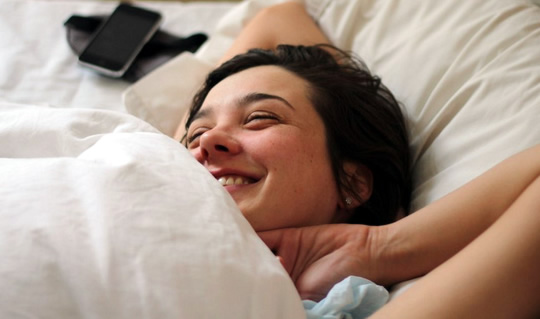Protein intake can affect how you sleep at night, research finds.
A high-protein diet helps people sleep better at night as well as lose weight, a new study finds.
The research compared people who were either on a high-protein diet with those eating normal levels of protein.
Professor Wayne Campbell, one of the study’s authors, said:
“Most research looks at the effects of sleep on diet and weight control, and our research flipped that question to ask what are the effects of weight loss and diet — specifically the amount of protein – on sleep.
We found that while consuming a lower calorie diet with a higher amount of protein, sleep quality improves for middle-age adults.
This sleep quality is better compared to those who lost the same amount of weight while consuming a normal amount of protein.”
Some of the high-protein foods that can be rotated into and out of the diet include:
- low-fat dairy,
- lean meats,
- seafood,
- beans,
- soy,
- eggs,
- seeds,
- beef,
- pork,
- soy legumes,
- milk protein,
- and nuts.
Professor Campbell said:
“This research adds sleep quality to the growing list of positive outcomes of higher-protein intake while losing weight, and those other outcomes include promoting body fat loss, retention of lean body mass and improvements in blood pressure.
Sleep is recognized as a very important modifier of a person’s health, and our research is the first to address the question of how a sustained dietary pattern influences sleep.
We’ve showed an improvement in subjective sleep quality after higher dietary protein intake during weight loss, which is intriguing and also emphasizes the need for more research with objective measurements of sleep to confirm our results.”
Jing Zhou, the study’s first author, said:
“Short sleep duration and compromised sleep quality frequently lead to metabolic and cardiovascular diseases and premature death.
Given the high prevalence of sleep problems it’s important to know how changes to diet and lifestyle can help improve sleep.”
The study was published in the The American Journal of Clinical Nutrition (Zhou et al., 2016).
Nutrients image from Shutterstock









